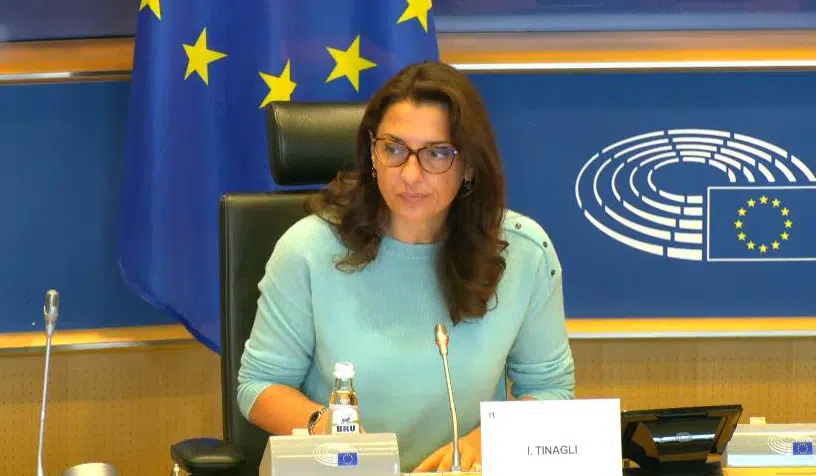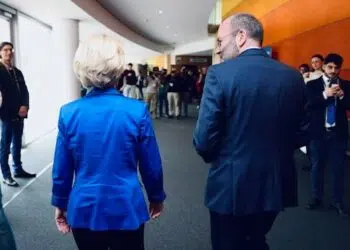Brussels – More than novelty, a disappointing confirmation: According to the research platform Eu Matrix, in the current legislature entering its final stages, “the overall influence of Italian MEPs in the European Parliament is at the lowest rungs.” The main cause? The fact is that a substantial portion of the Italian delegation belongs to the most marginalized political groups in Brussels. So, out of the 100 most influential MEPs, only six are from Rome. The first one, Democrat Irene Tinagli, is in 29th place.
At the top of the ranking is the President of Parliament, Roberta Metsola, whose 100 points are a benchmark for calculating everyone else’s ranking. After her, on the podium are the presidents of the two largest political groups: Manfred Weber of the European People’s Party and Iratxe Garcia Pérez of the Socialists and Democrats. In the top ten, in order, are Austrian EPP member Othmar Karas, French Liberal neo-leader Valérie Hayer, Czech Liberal Dita Charanzová, Latvian Conservative Roberts Zile, Irish EPP Vice-President Frances Fitzgerald, Romanian Liberal Dragoş Tudorache, and Austrian Social Democrat Evelyn Regner.

Before you get to an Italian surname, scroll down to the twenty-ninth-ranking Irene Tinagli, Chair of the Economic Affairs Committee (ECON) in the parliament. In the national débâcle, only the Democratic Party can save face: with Tinagli, the most influential Italians are the Pd’s head of delegation, Brando Benifei, in 55th place, and the vice-president of the S&D group, Elisabetta Gualmini in 64th. The other “influential” ones are former Movimento 5 Stelle (now in Action and Renew’s group) Fabio Massimo Castaldo in 83rd place, Democrat Patrizia Toia in 87th, and Leghist Marco Zanni, chair of the Identity and Democracy group, in 97th. None of the 12 Forza Italia MEPs, despite being part of the family with the greatest specific weight in the European Parliament, the EPP.
A meagre haul, considering that Italy, with 76 out of 705 MEPs, is the third national delegation after Germany and France. According to criteria considered by Eu Matrix, such as formal and informal leadership, actual legislative work, political network, committee membership and voting behaviour, German MEPs are the most influential overall. Among the least represented countries, Luxembourg, Malta, and Portugal outweigh them the most, while Hungarians, Cypriots, and Italians are the lowest performing national groups.
The relatively low level of Italian influence can be explained by the high concentration of Leghist MPs, 23 members, within the eurosceptic ID group and the eight of the Movimento 5 Stelle with no European affiliation. The overview improves slightly when looking at specific areas: Herbert Dorfmann and Paolo De Castro are in the top 20 most influential in agribusiness, as are Paolo Borchia and Patrizia Toia in the energy sector. Also in the top 20 are Franco Roberti and Pietro Bartolo in migration policies, Brando Benifei and Annalisa Tardino in digital, and Alessandra Moretti and Annalisa Tardino in health.
After the June 6-9 elections, something might change, at least in terms of distribution in the various groups. Fratelli d’Italia could pack in votes and seats and exert more influence than the Lega, the winner at the European 2019 polls. The Democratic Party’s delegation within the Social Democratic family could increase in weight and even become the largest. Finally, if Movimento 5 Stelle finds a home in the parliament, its MEPs could significantly increase their chances of influencing EU policies. That is, if (and this is a long-standing general trend) Italian parties stop “parking” politicians in Brussels.
English version by the Translation Service of Withub





